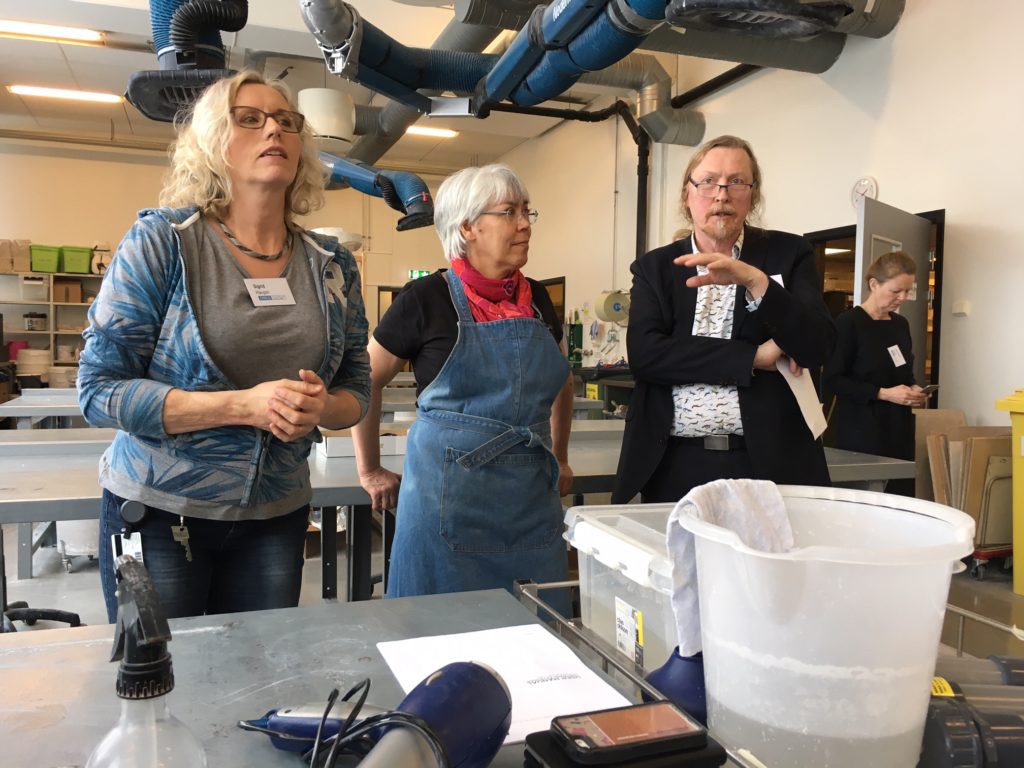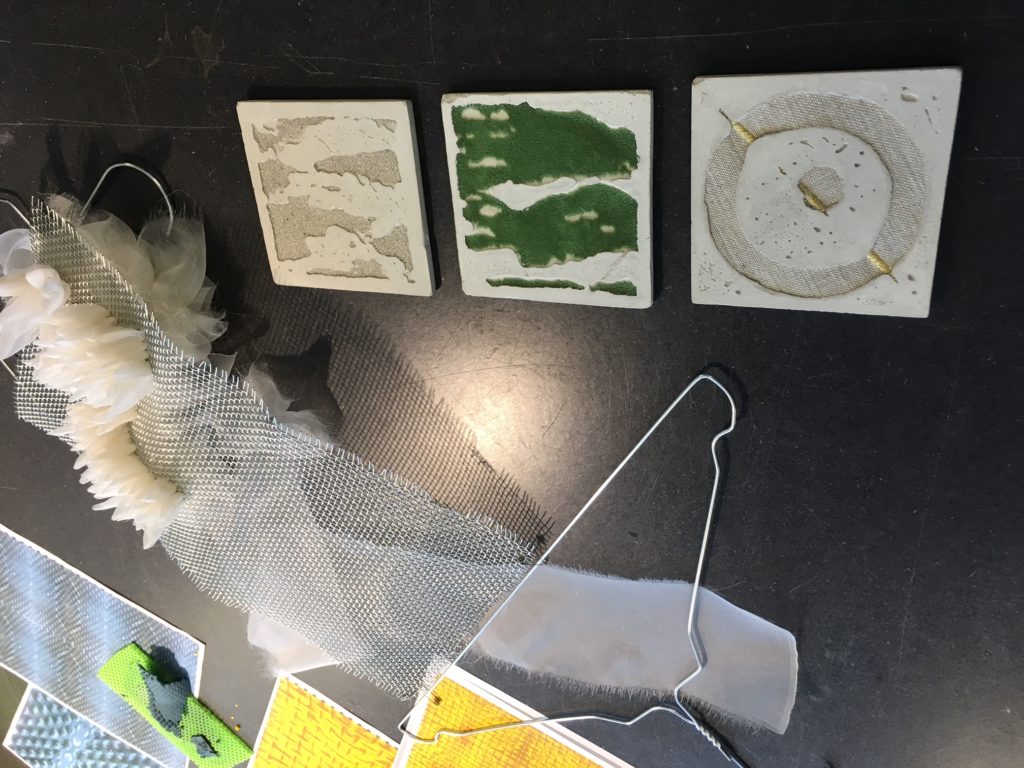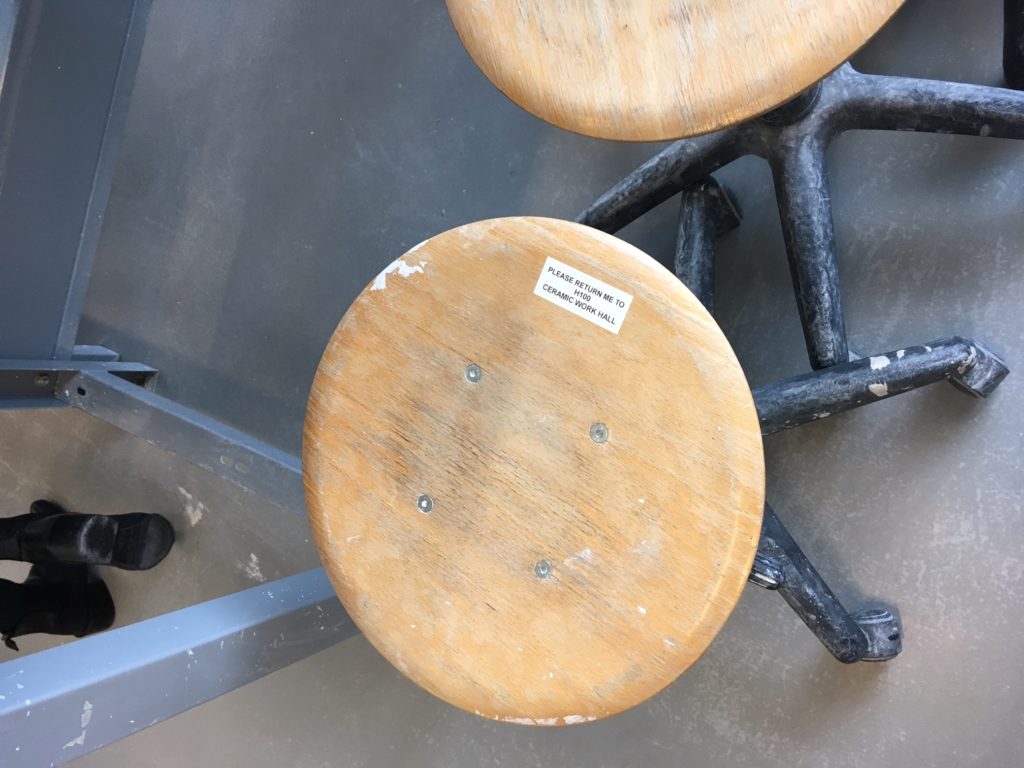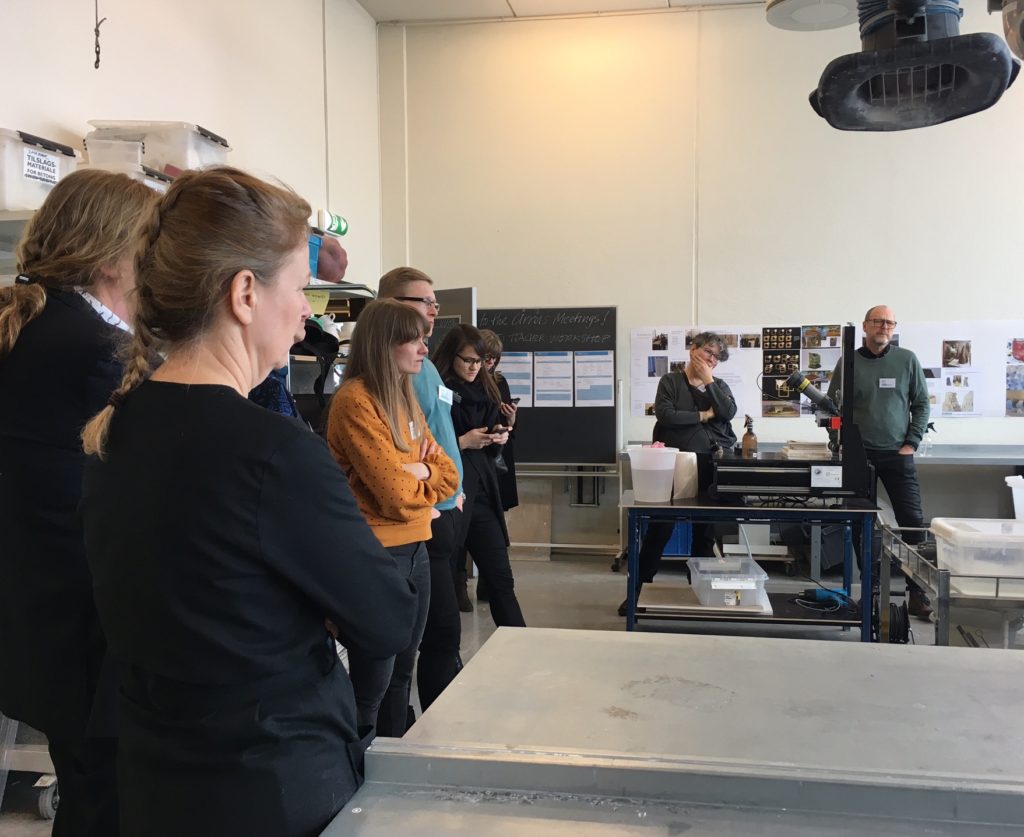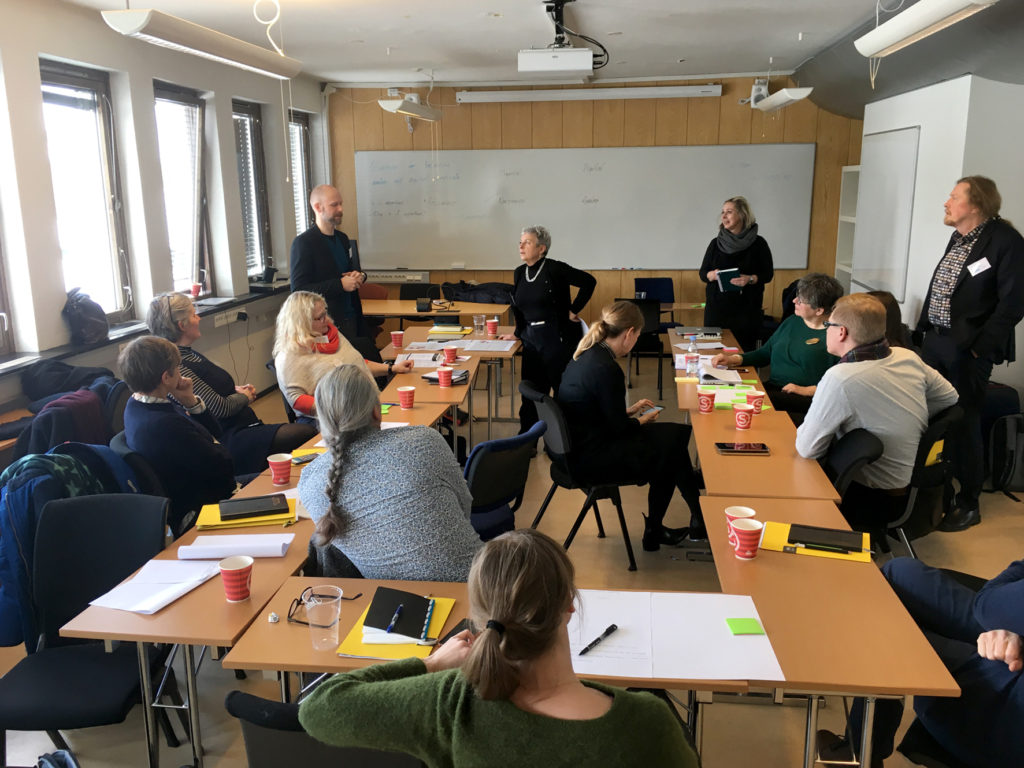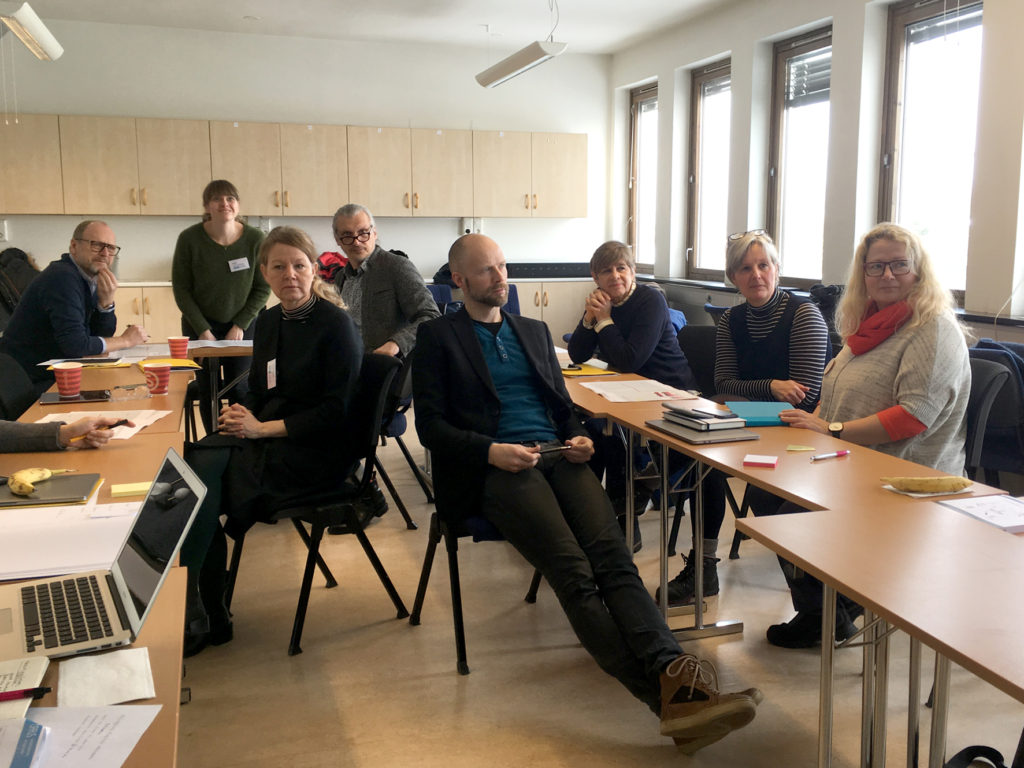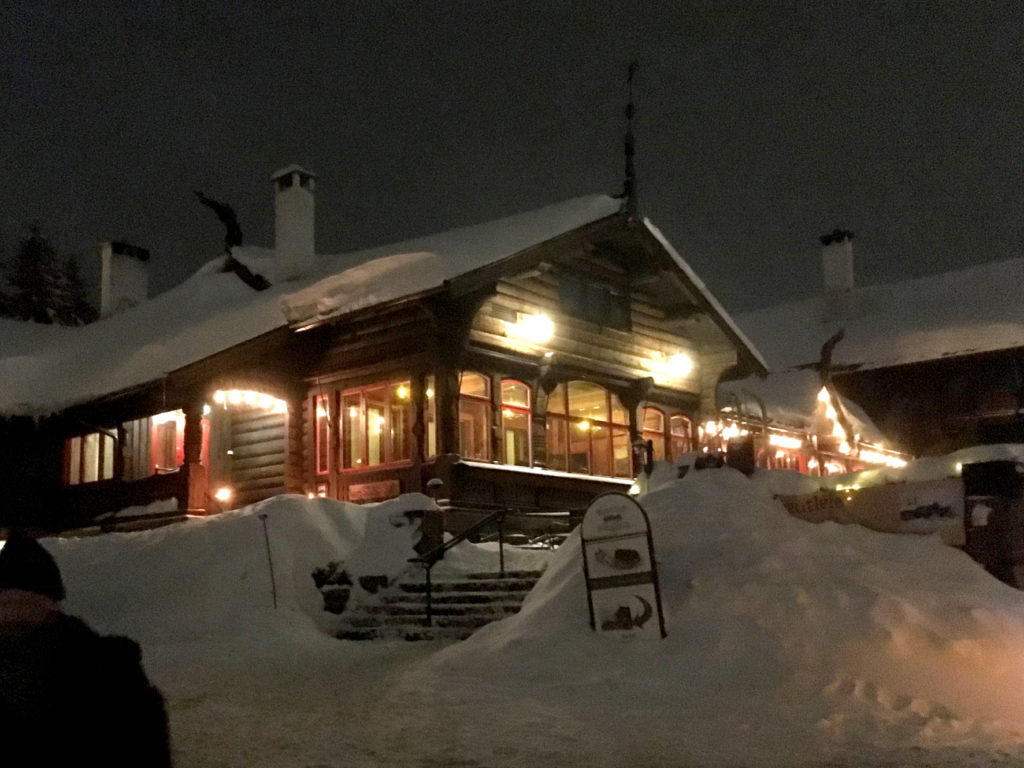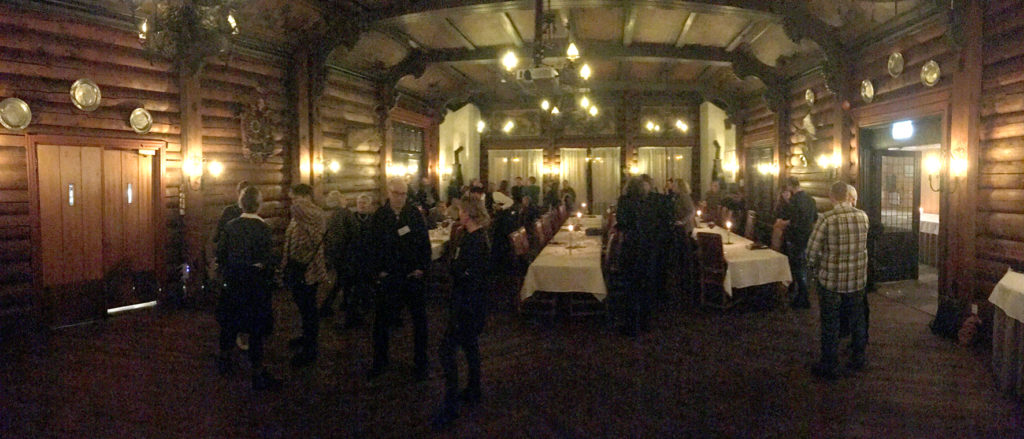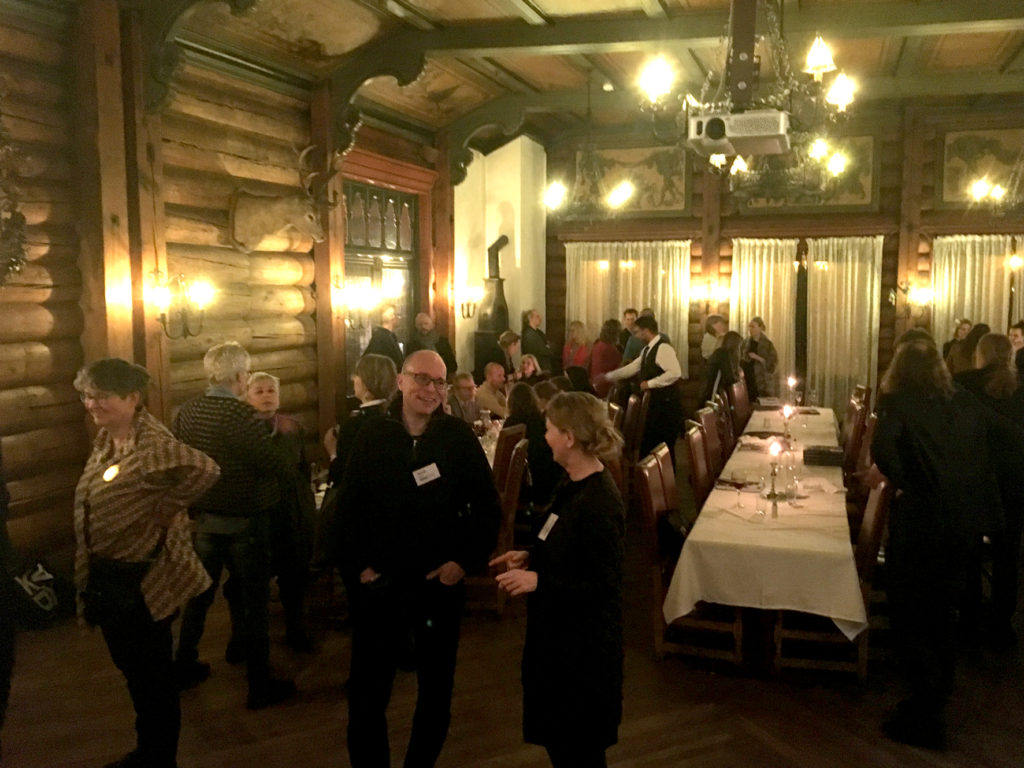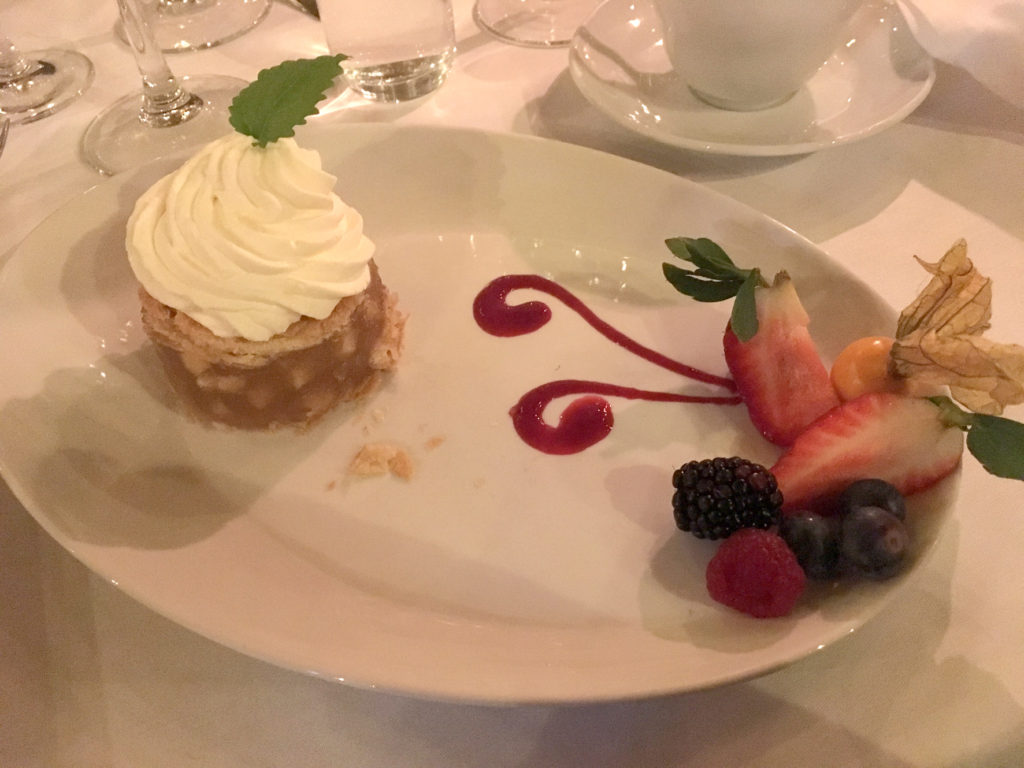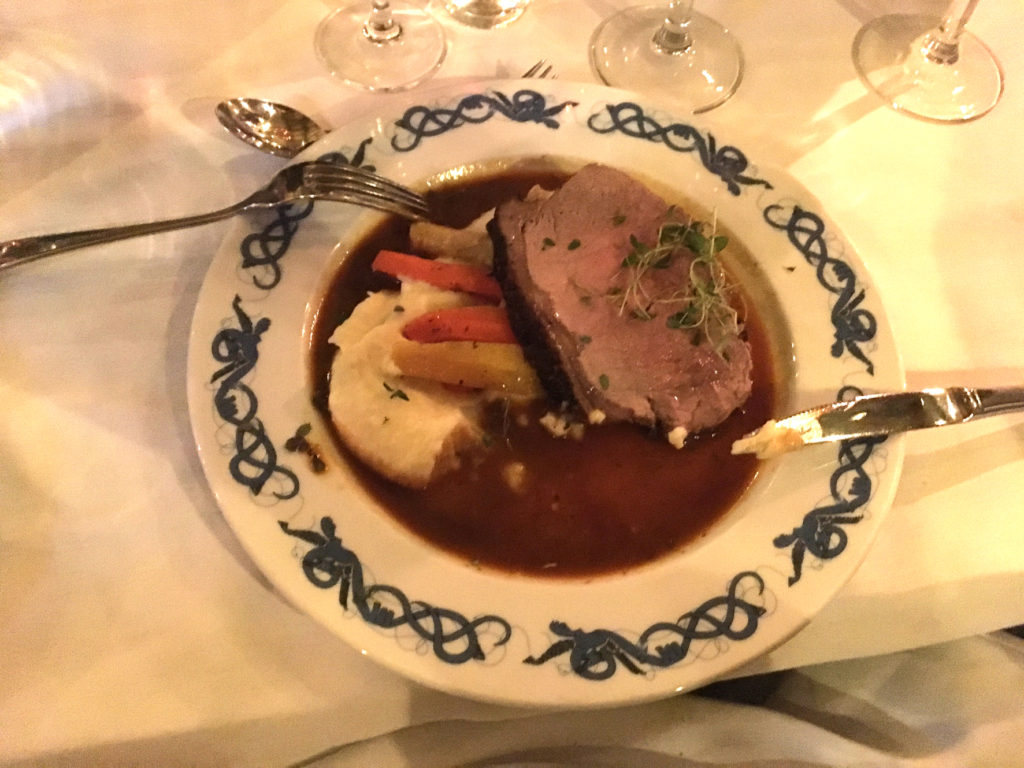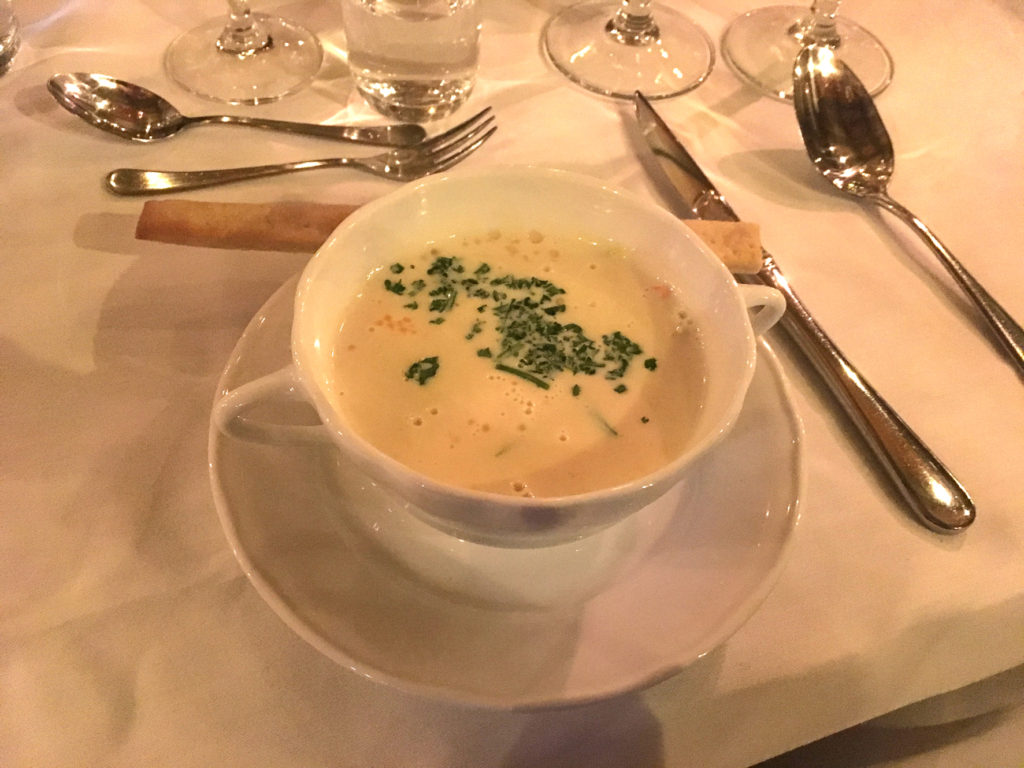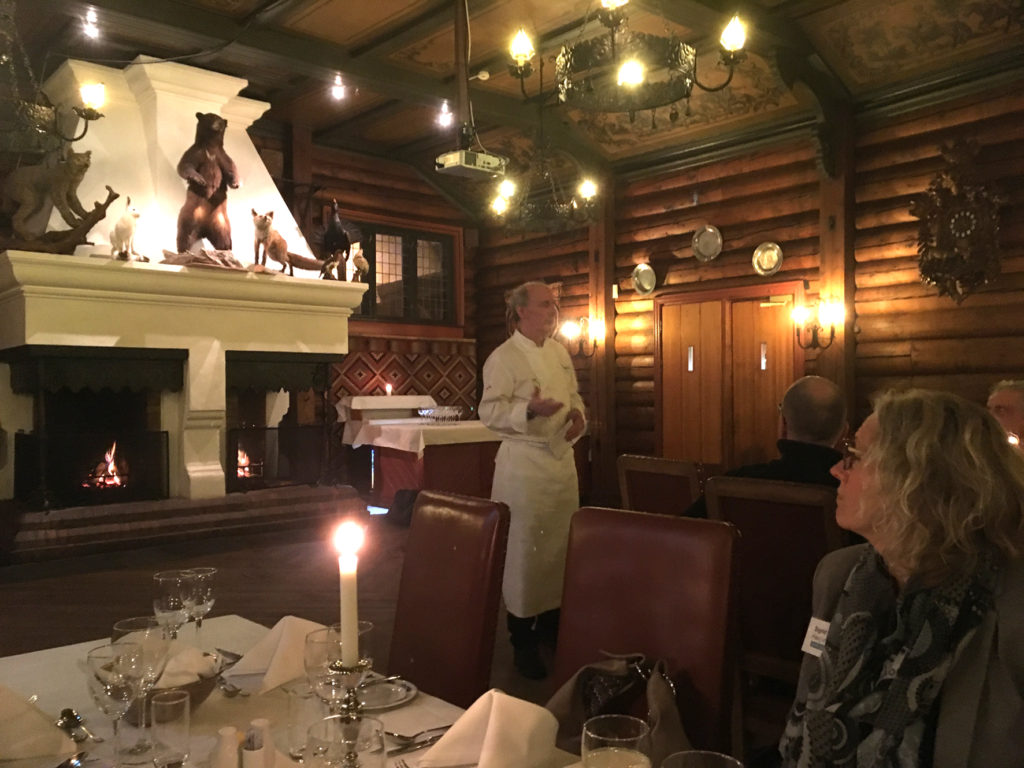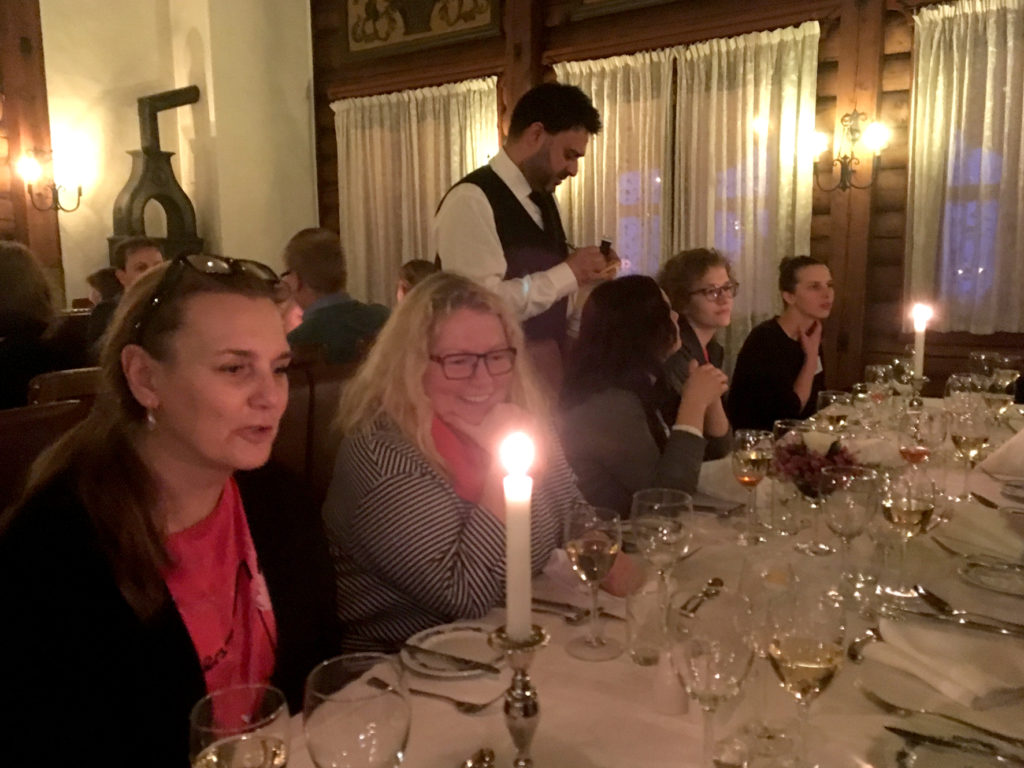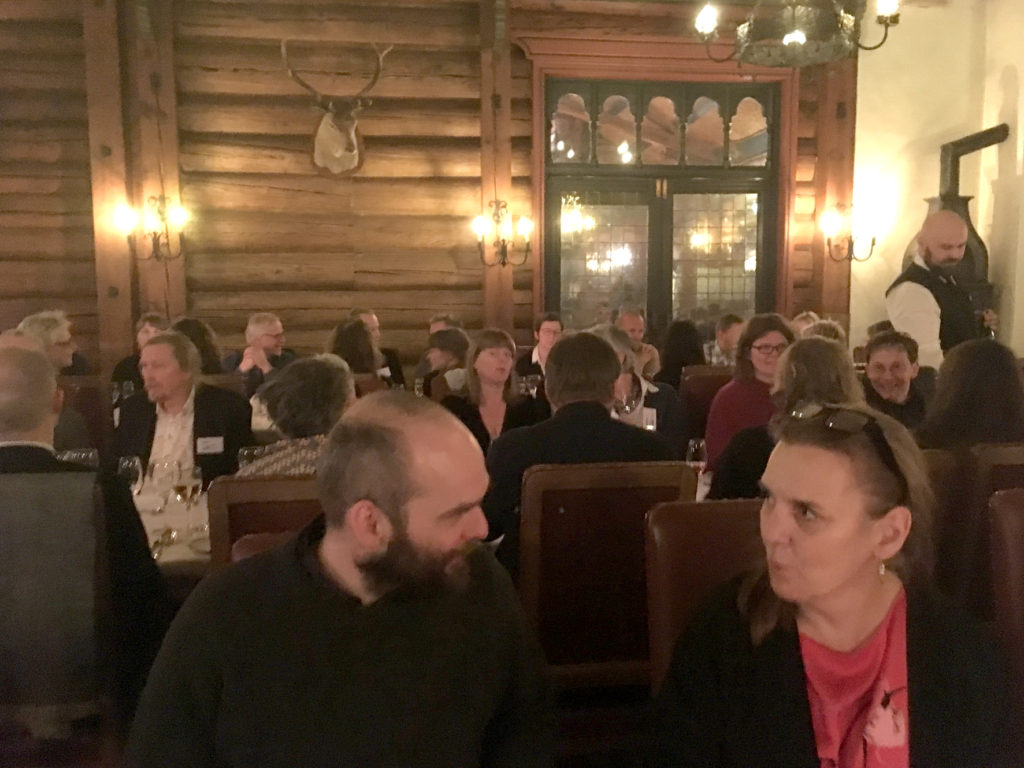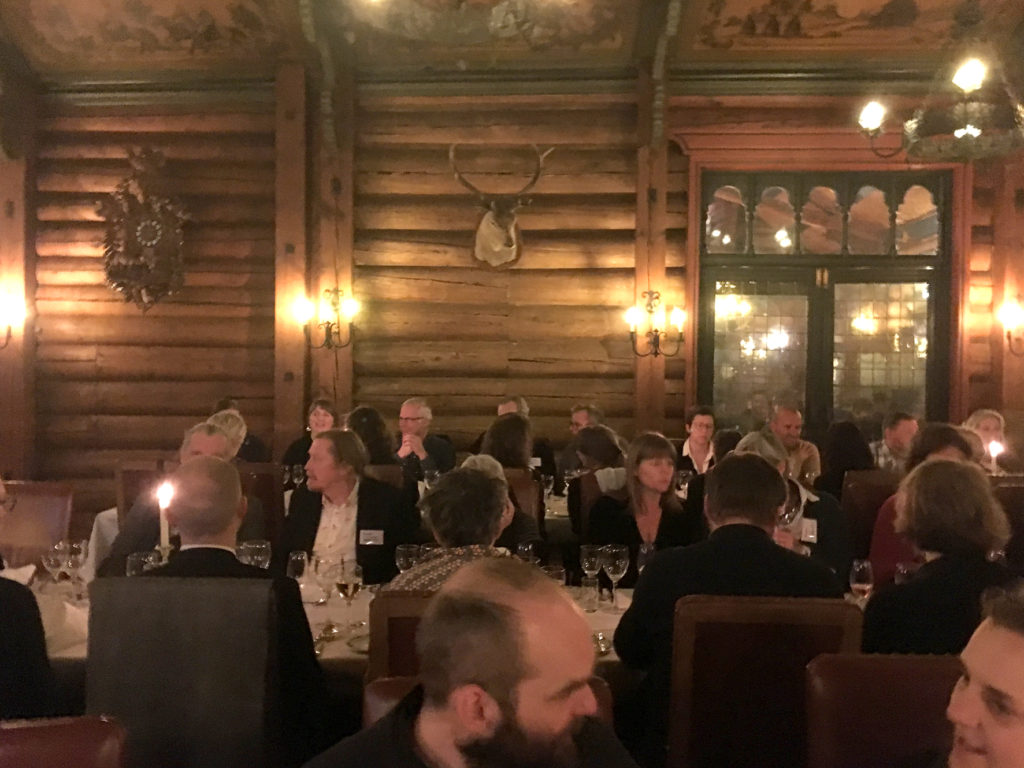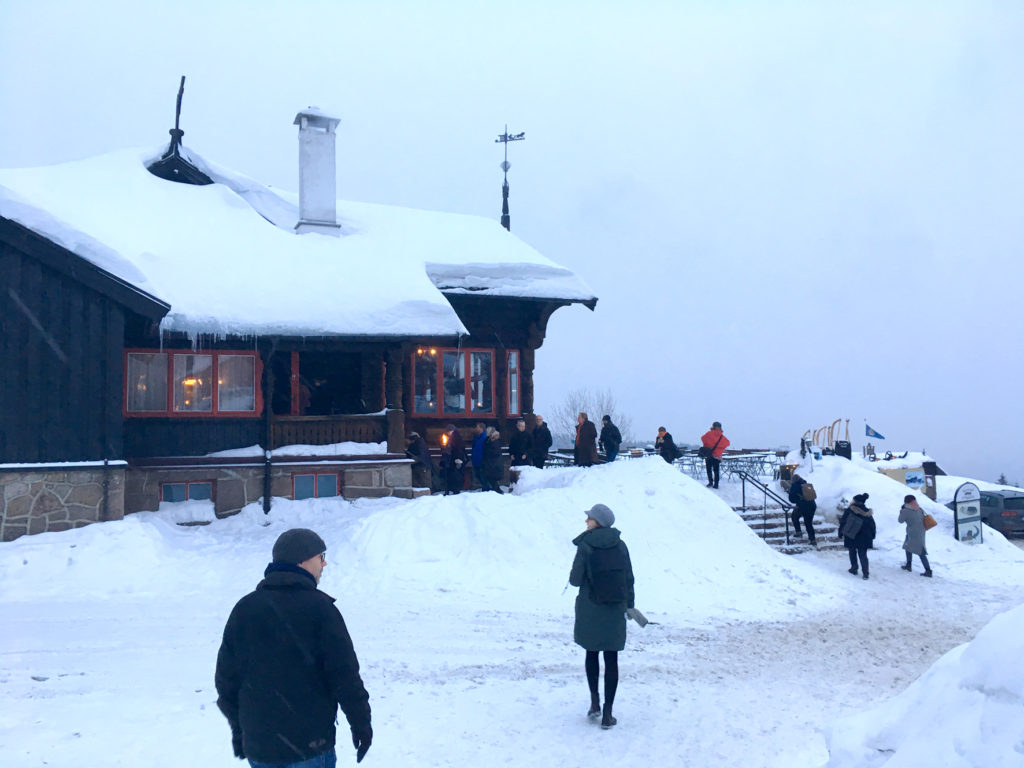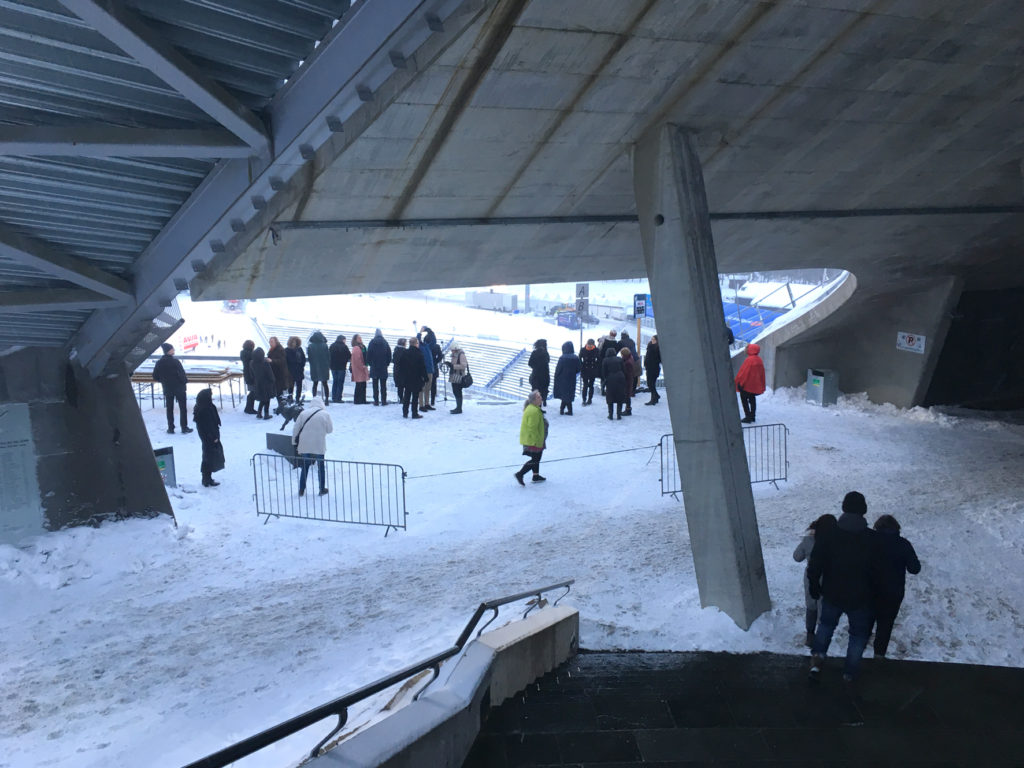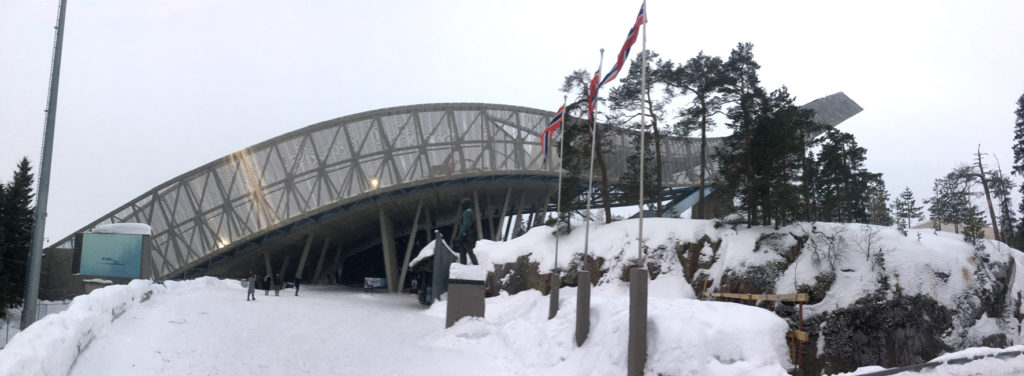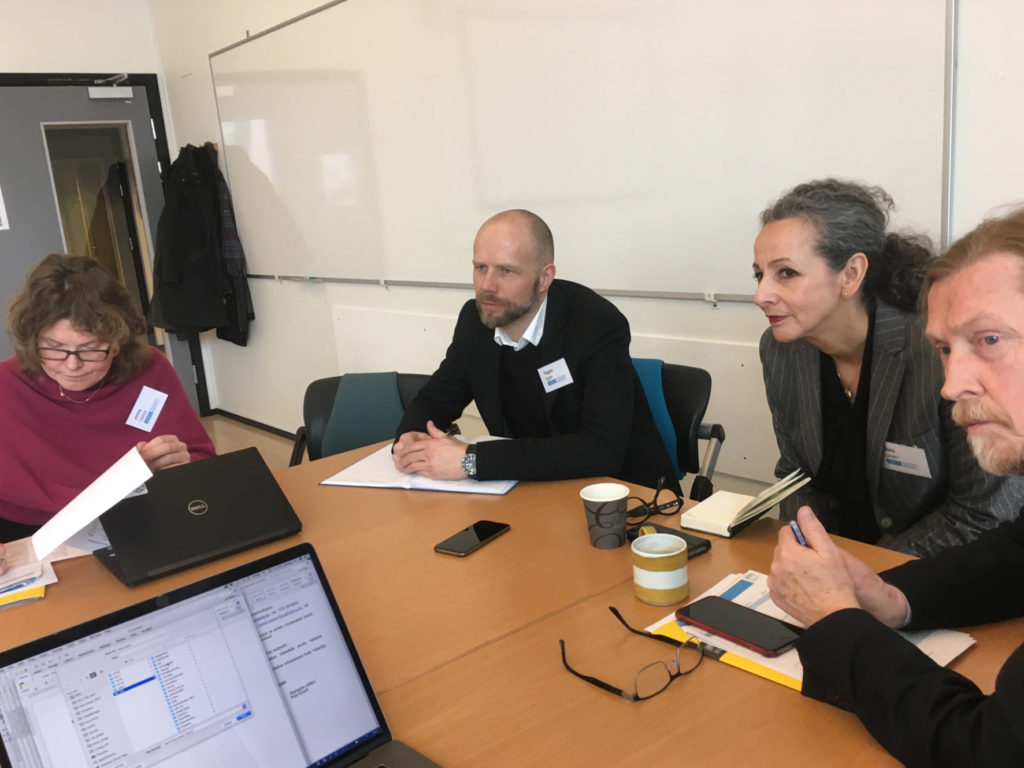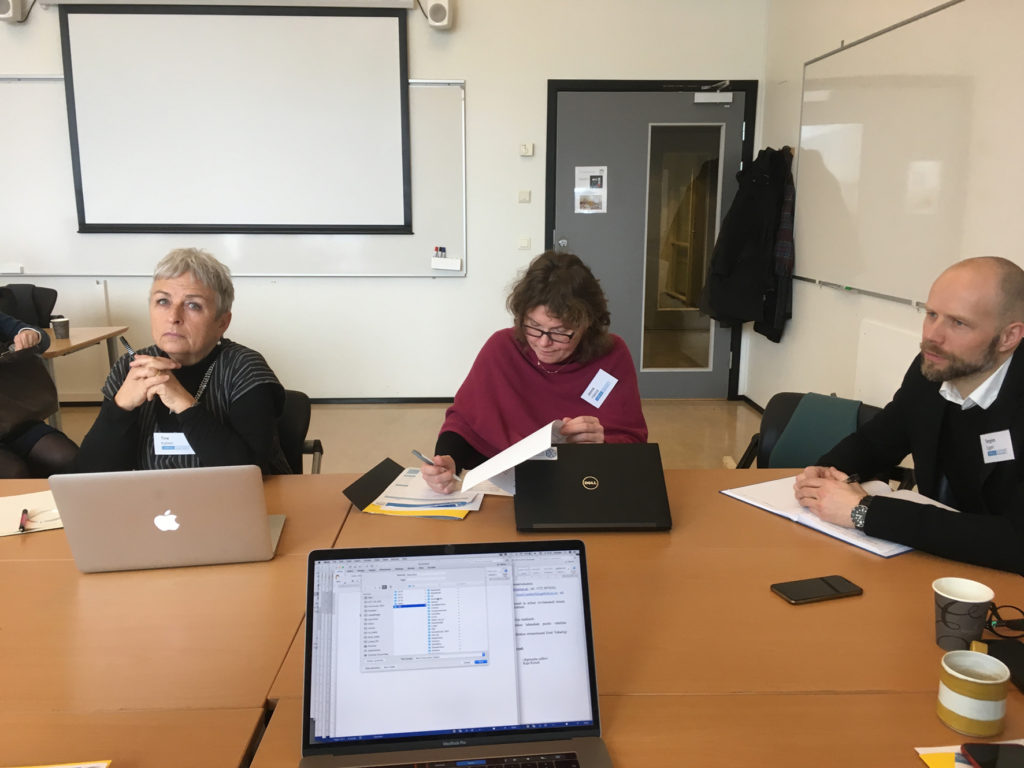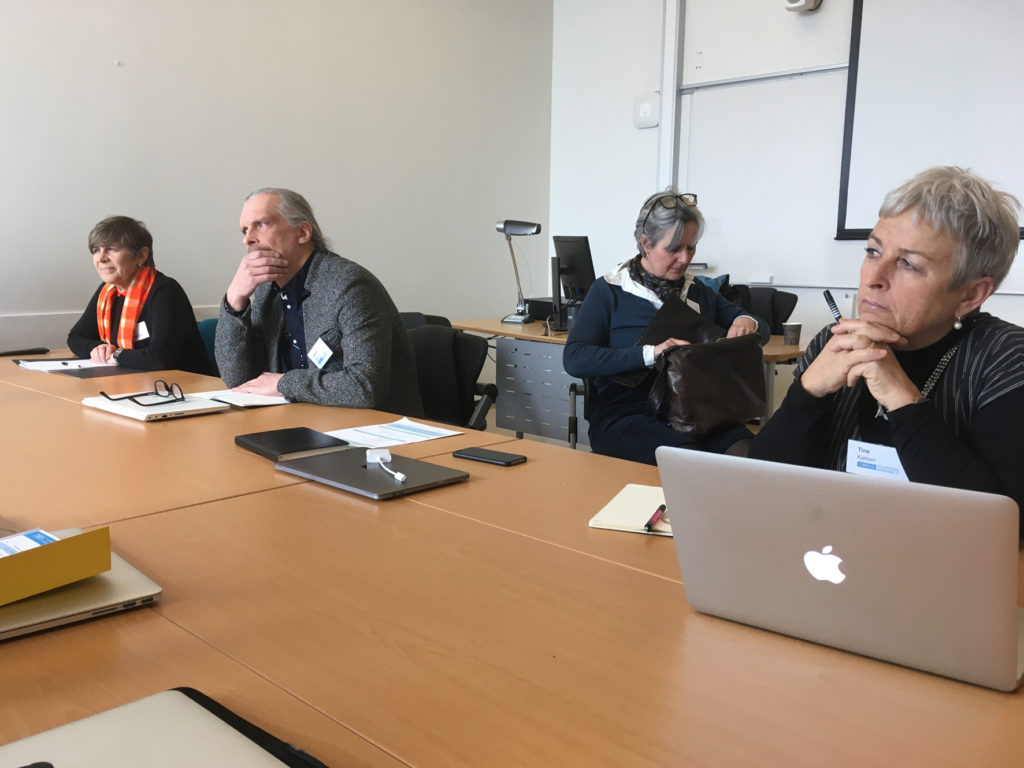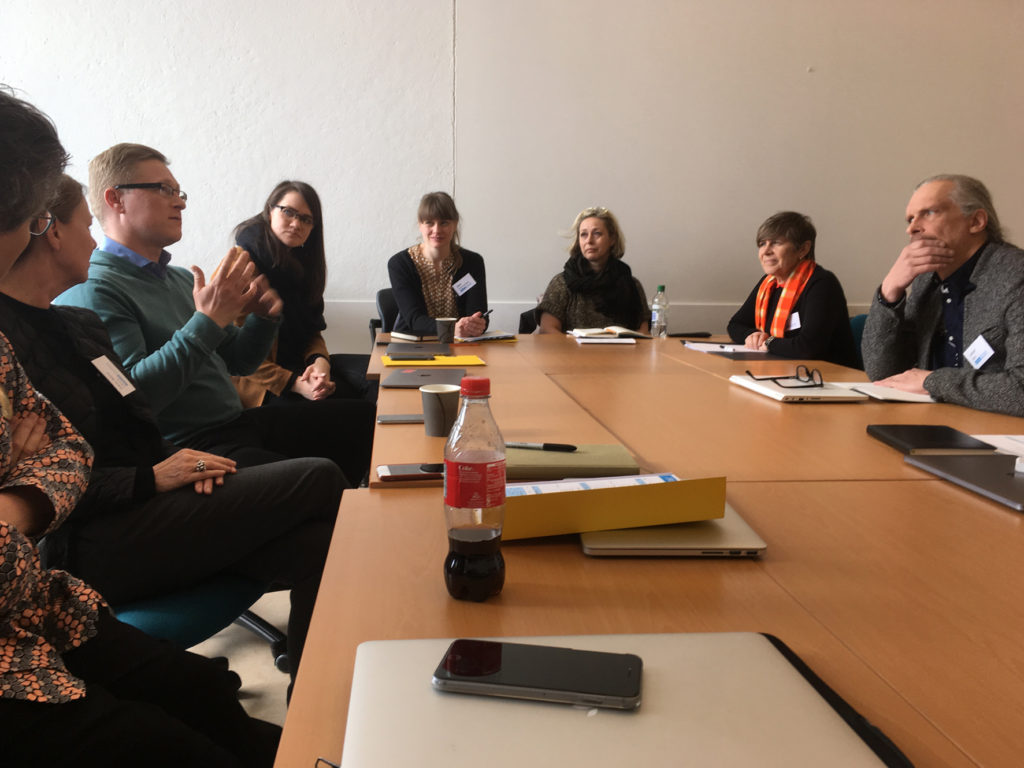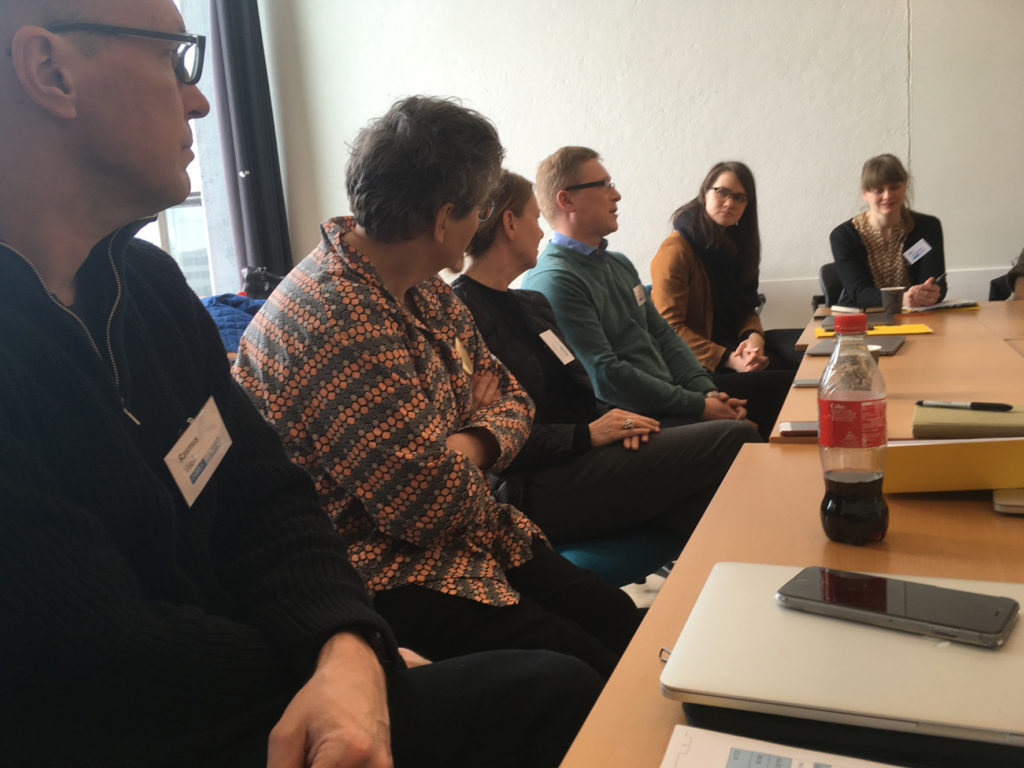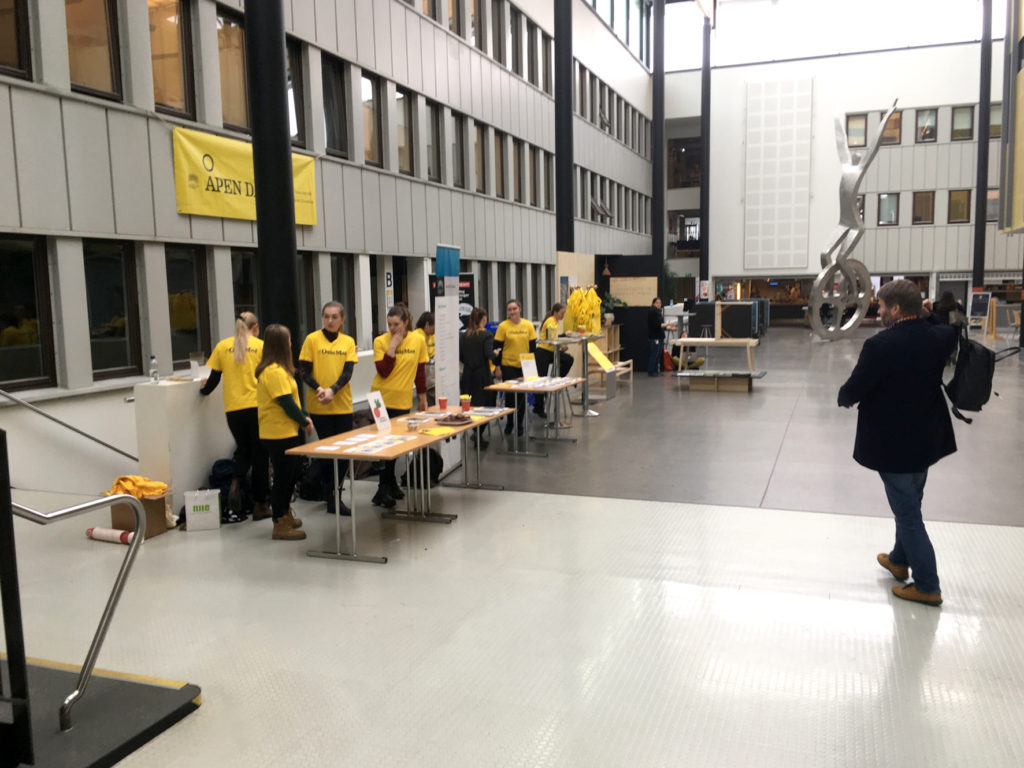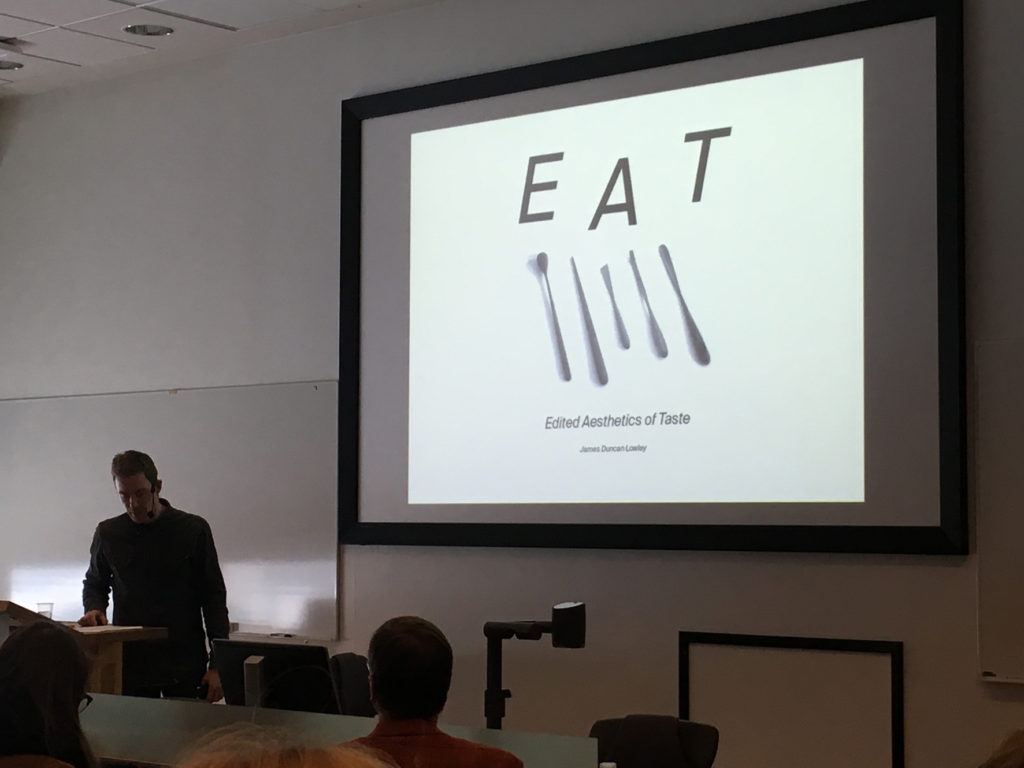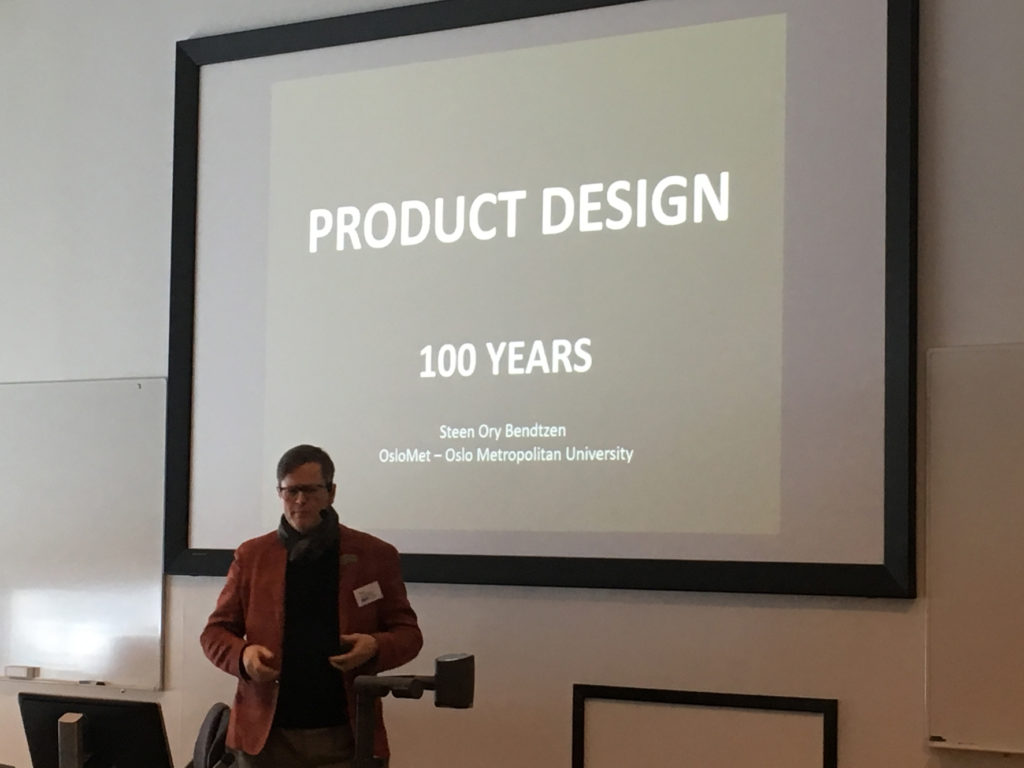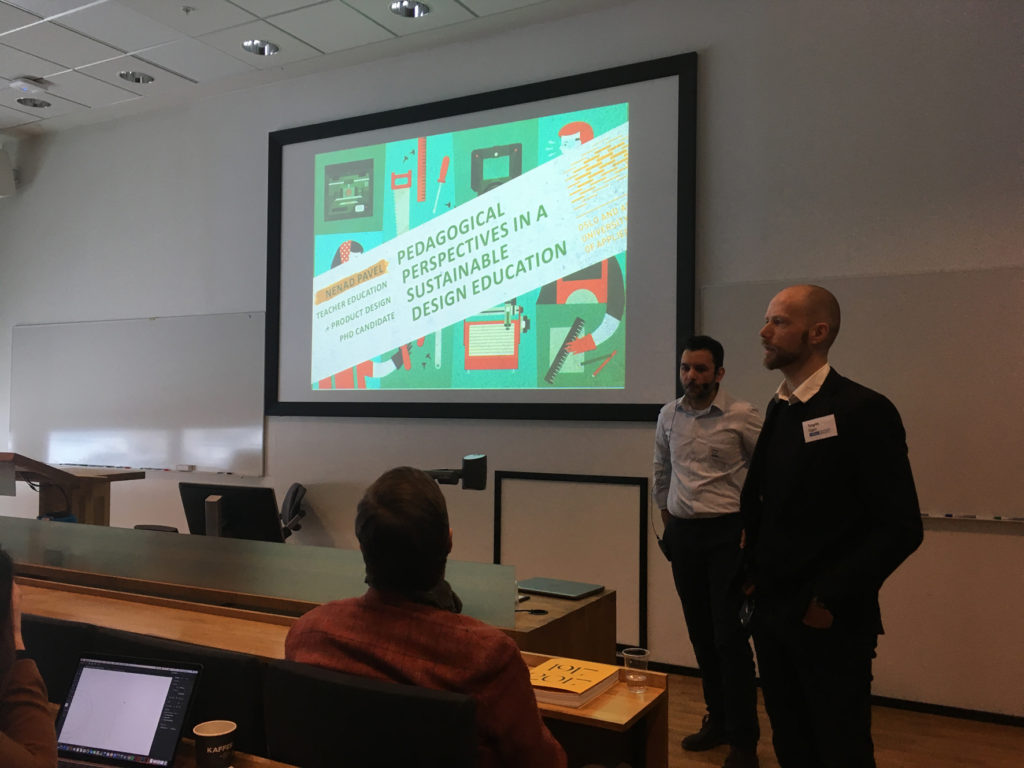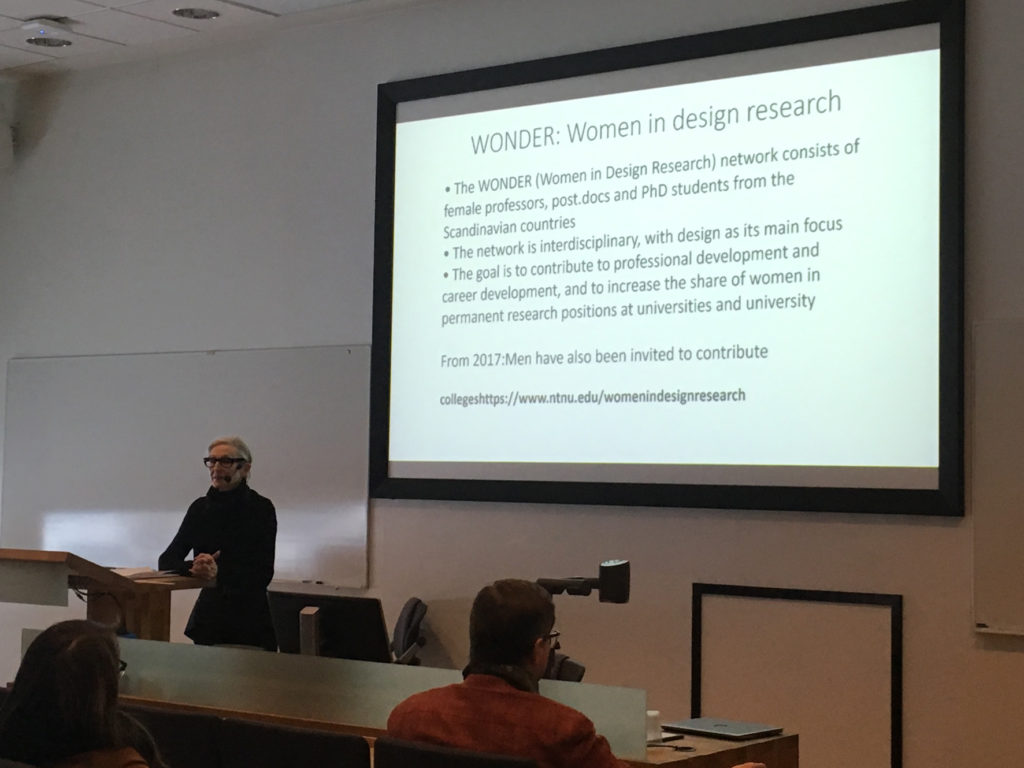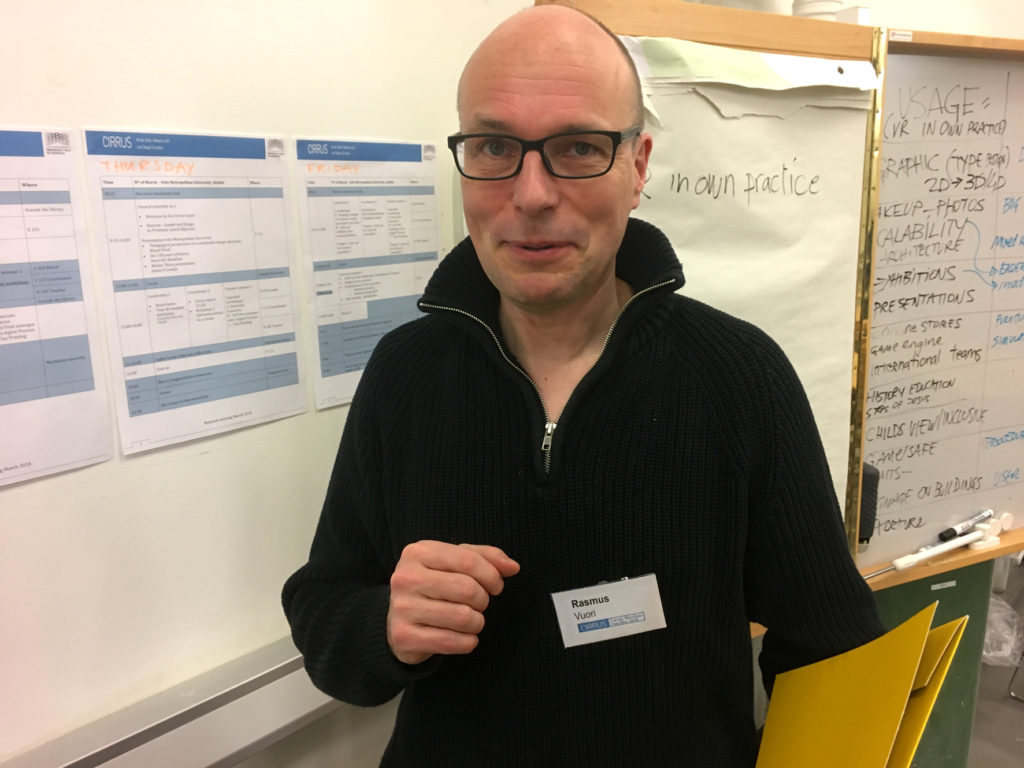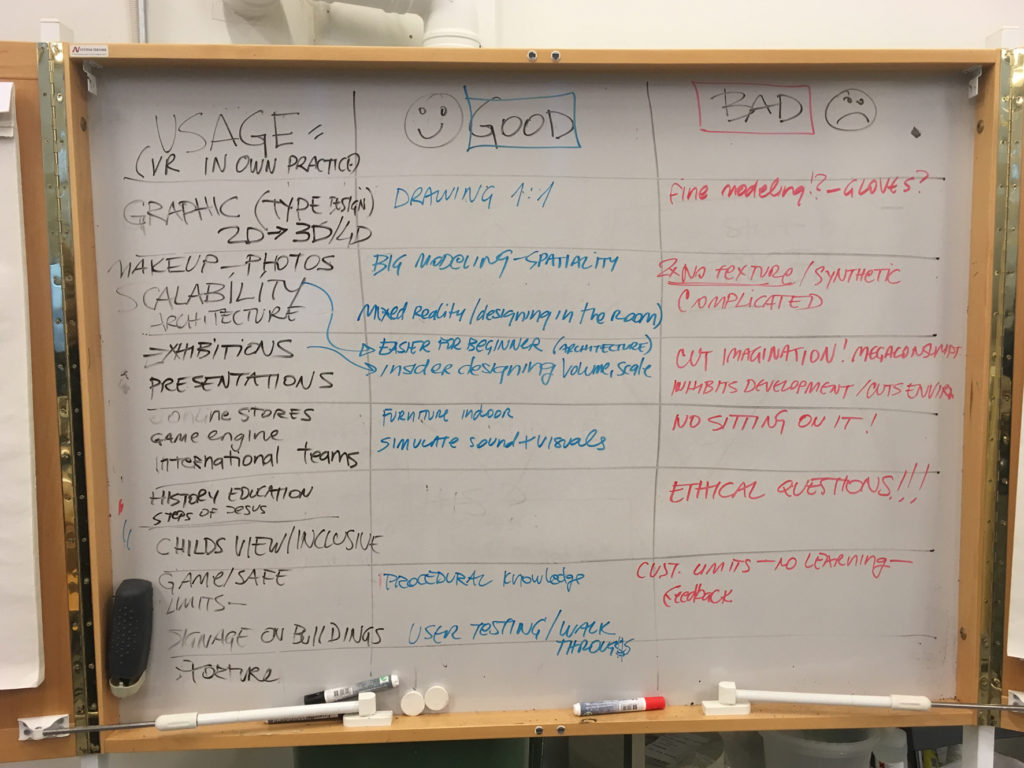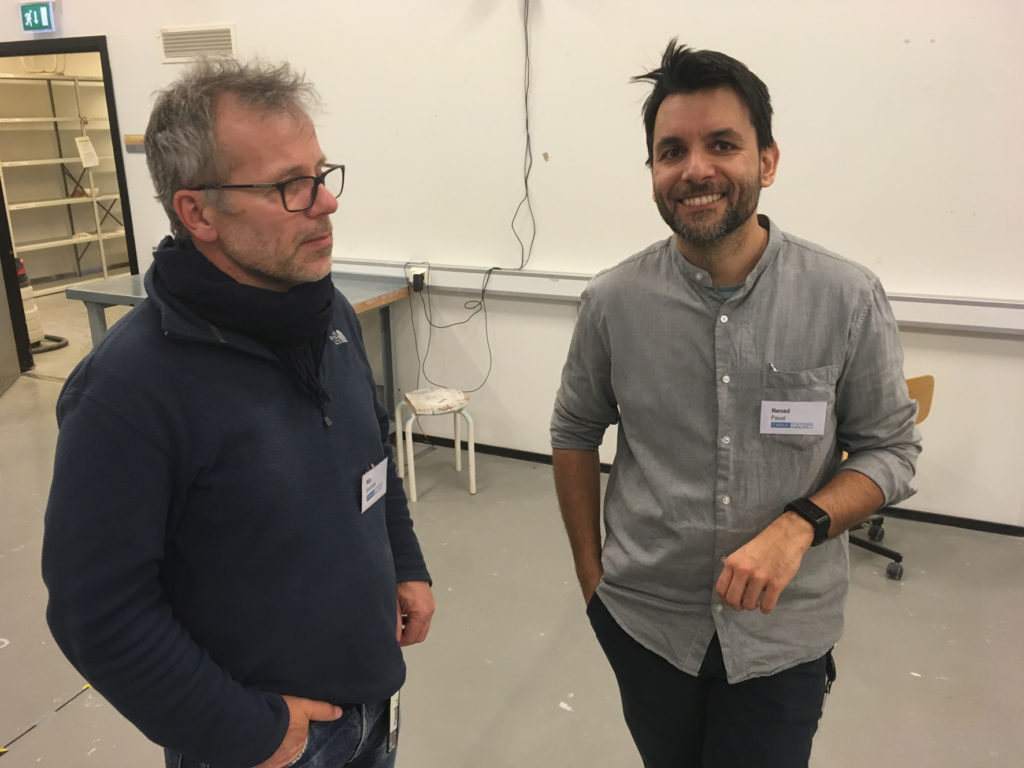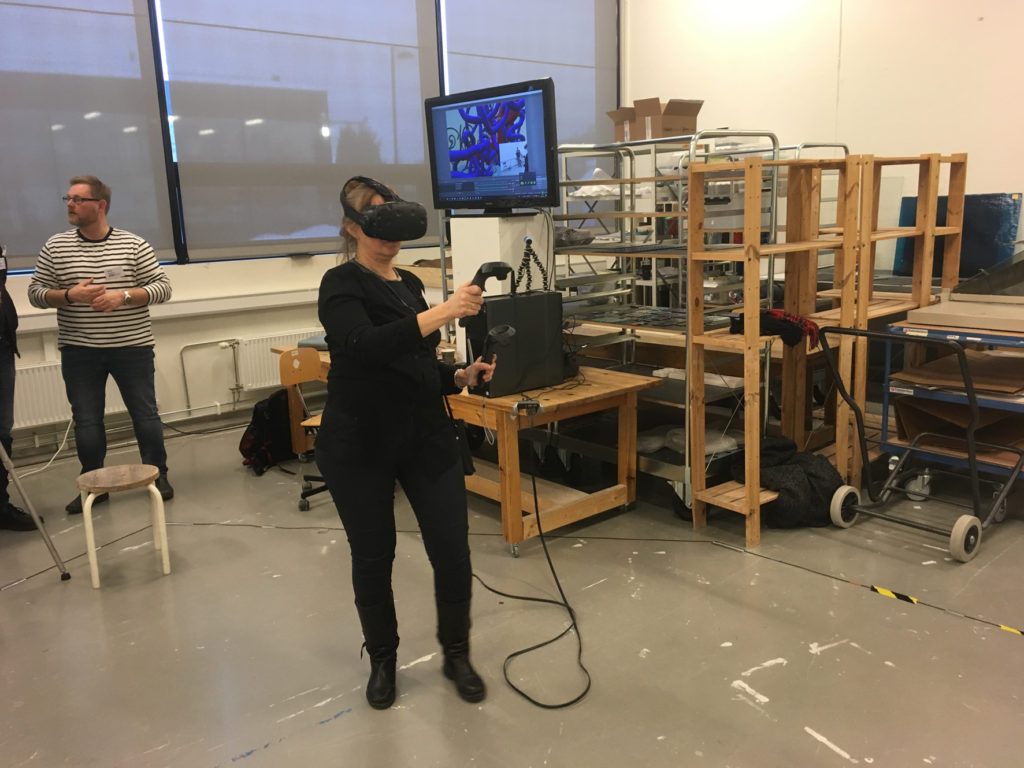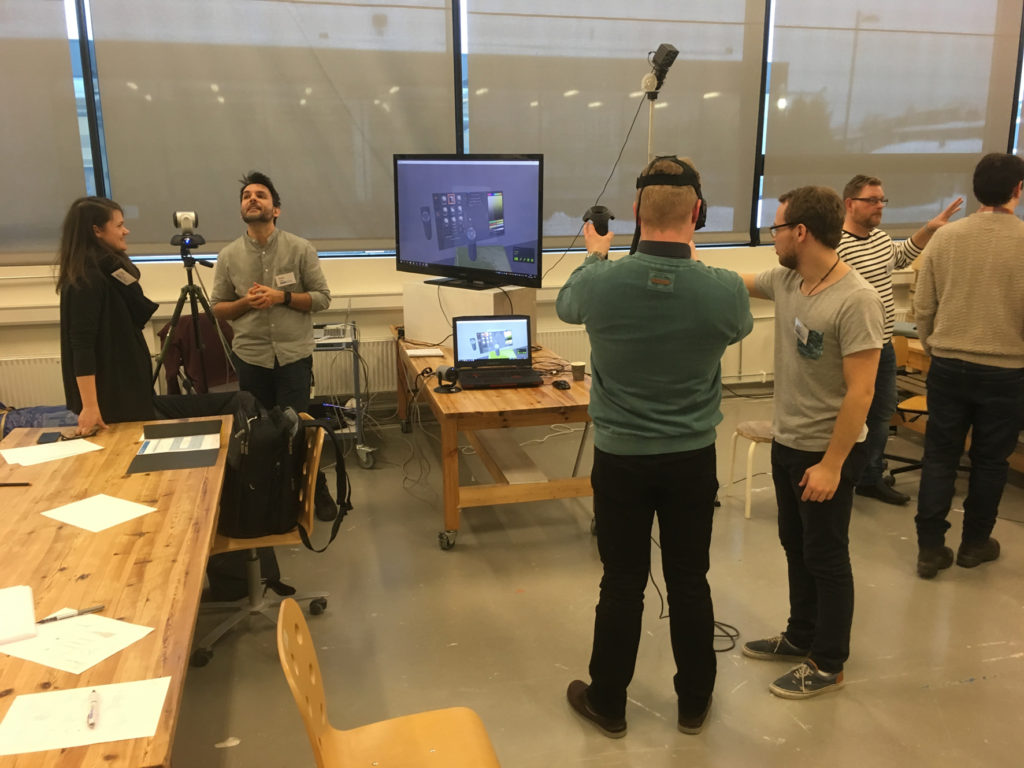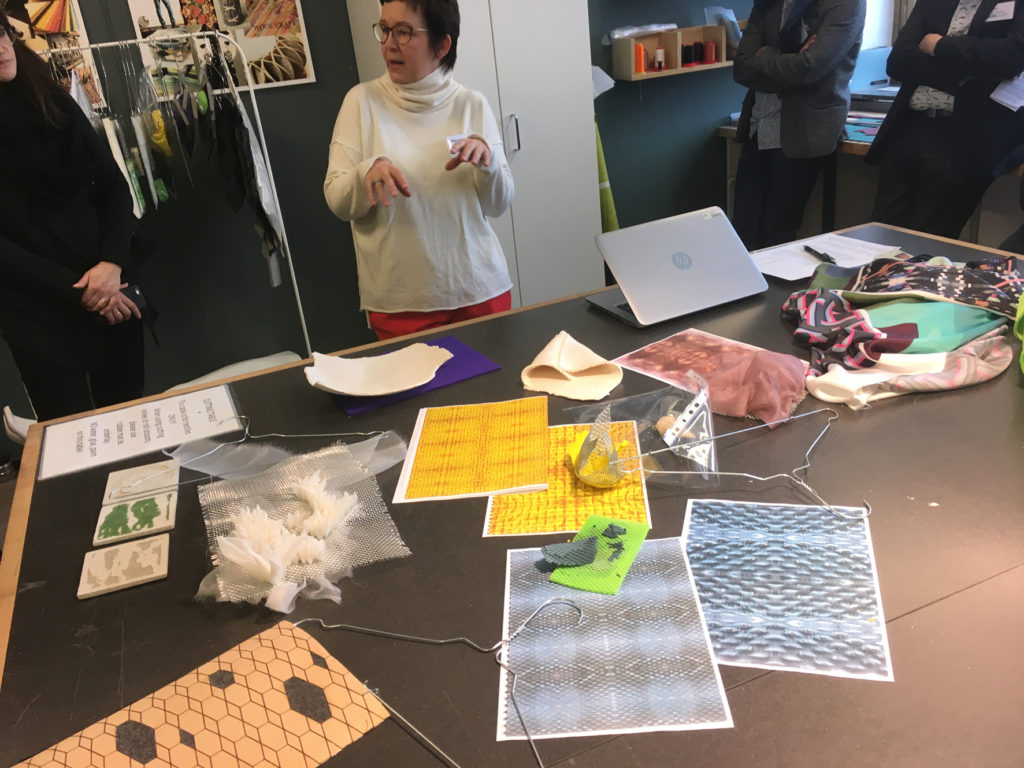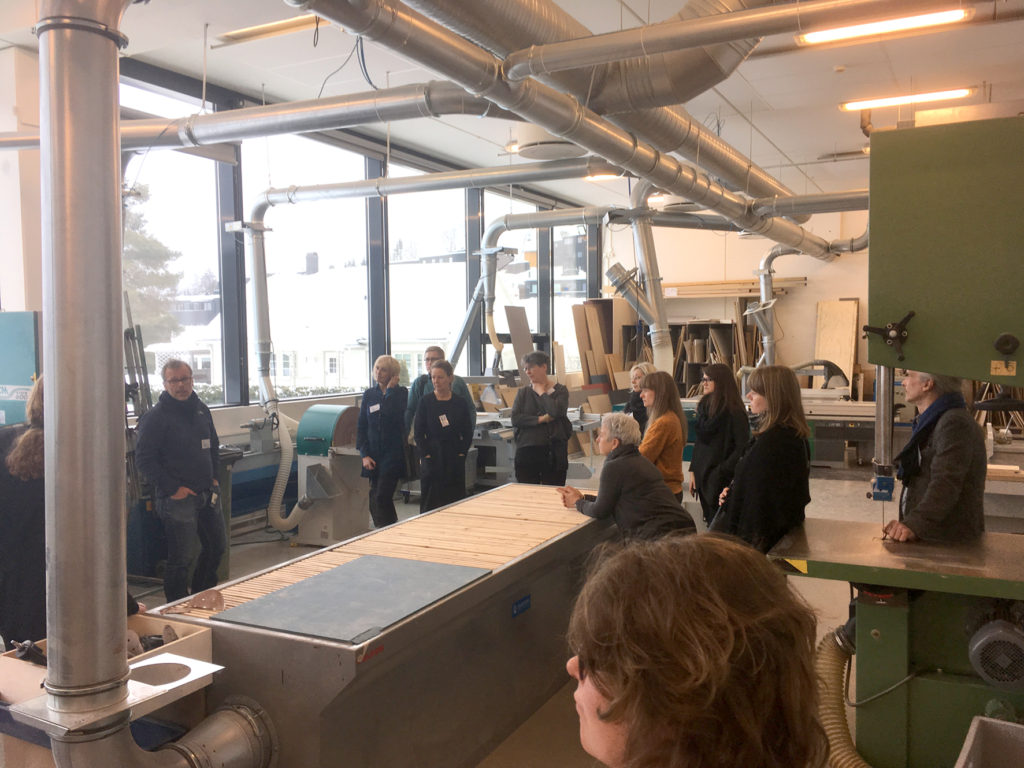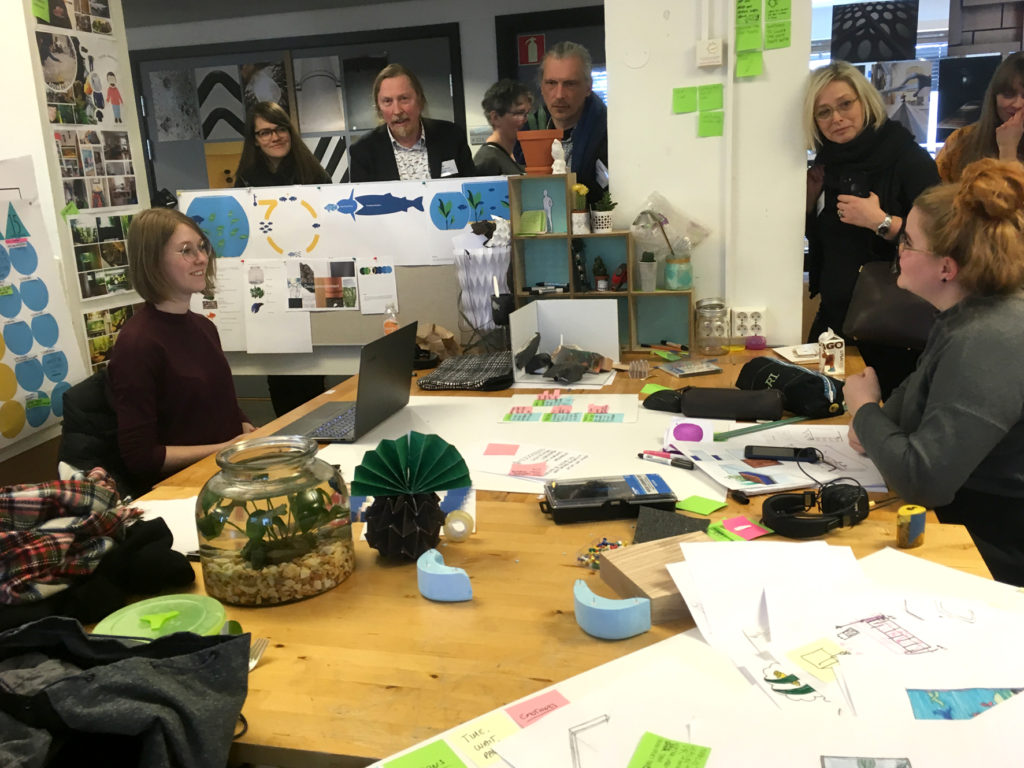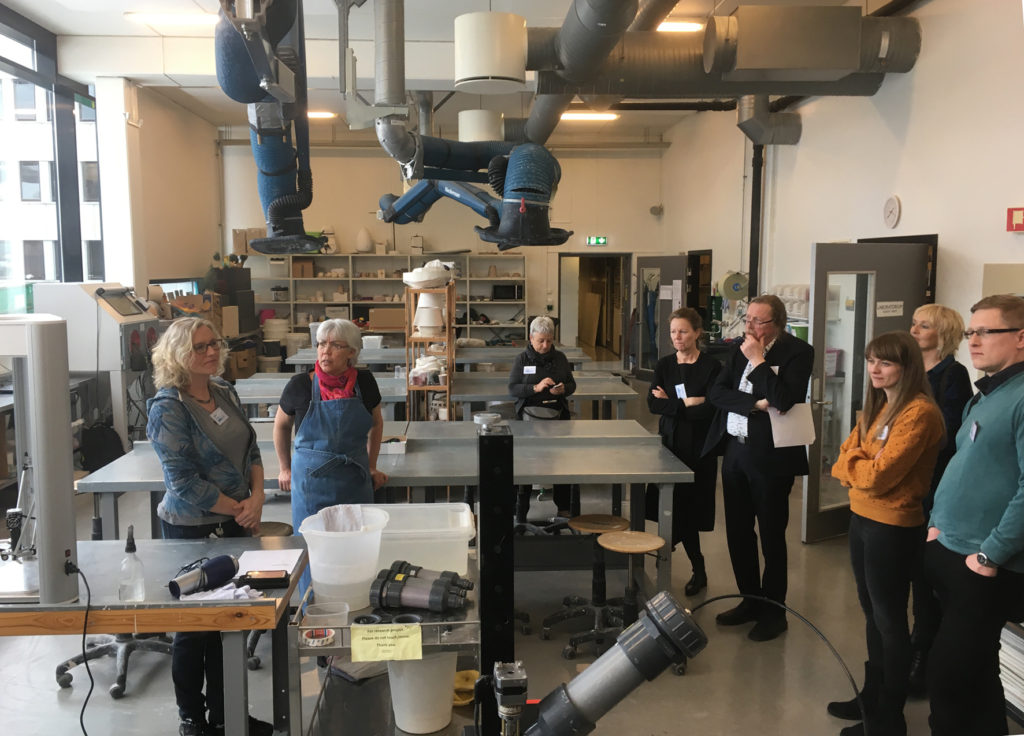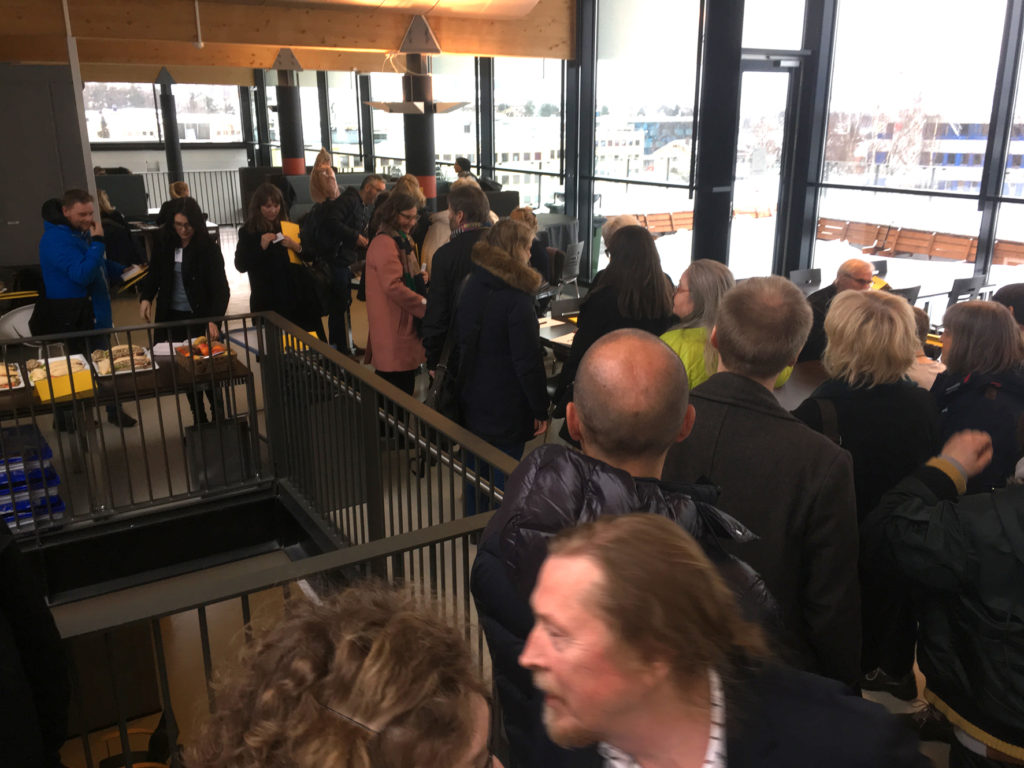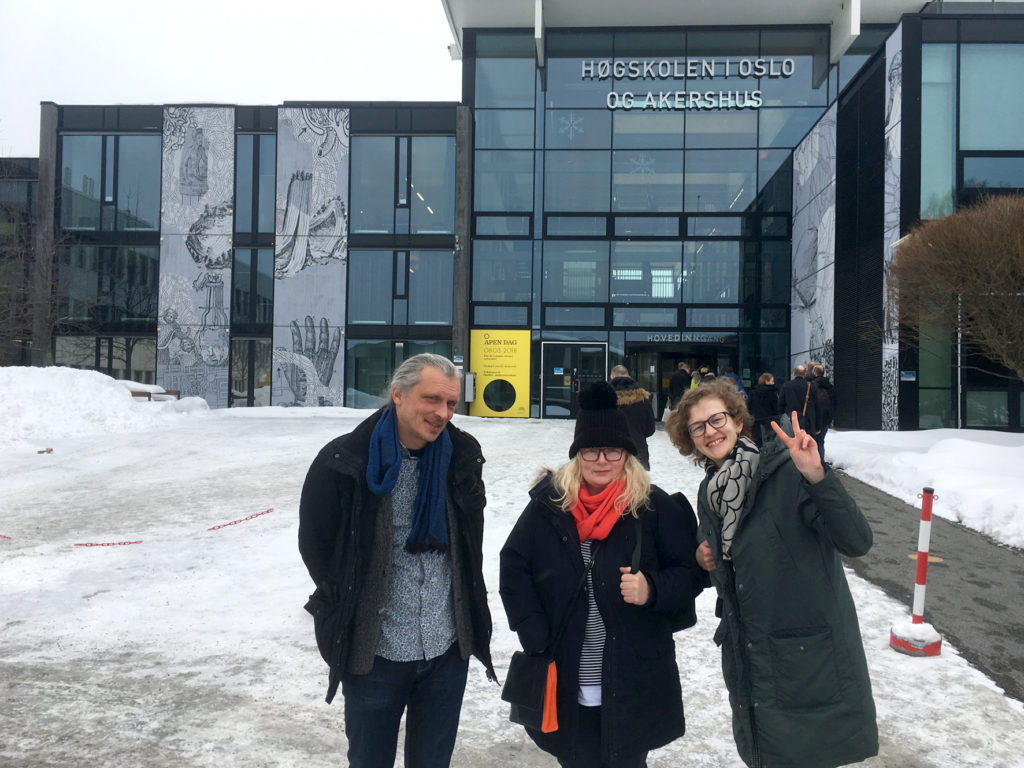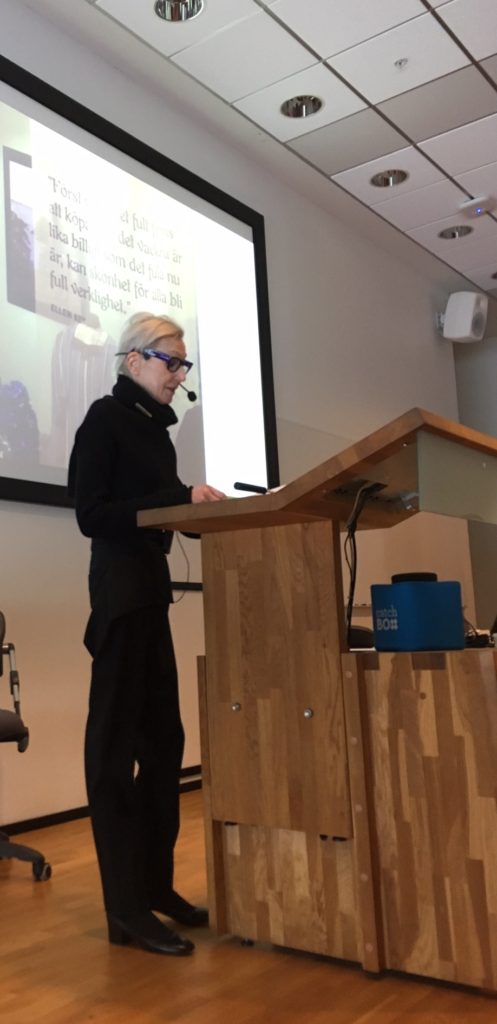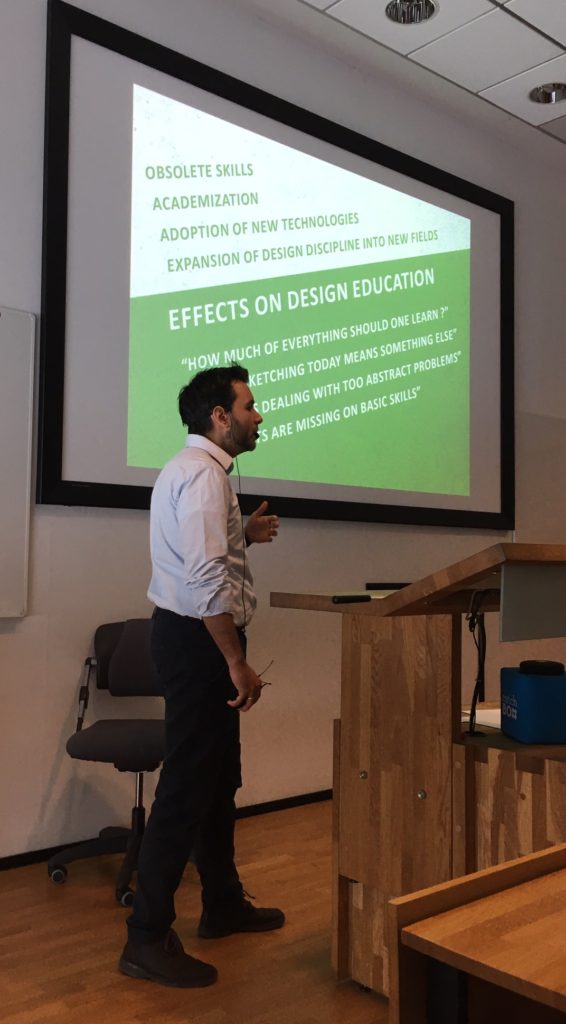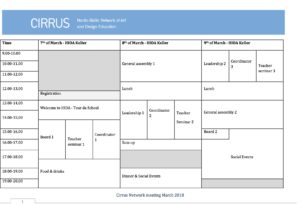CIRRUS intensive workshop “Triangles – letters, type, languages and cultures“ in Klaipėda.
The Faculty of Klaipeda (Vilnius Academy of Arts) is hosting a joint Cirrus workshop “Triangles – letters, type, languages and cultures“
1,5 ECTS
CIRRUS seats: 3
Klaipeda, Lithuania
March 12th – 16th, 2018 (arrival March 11th, departure March 17th)
Workshop starting point
The technology of writing is a key factor of human society, and the development of specific writing systems crucially define local identities. Contemporary media being unthinkable without fonts, typeface designers and lettering artists are at the helm of a continuing process of cultural identity building, across borders and political spheres. In Klaipėda, the first printed Lithuanian book was recently on display. Printed in what was then the city of Königsberg by a Prussian letterpress, it is an example of simple technology transfer. Although blackletter lost its position as a reading typeface style even in Germany, vivid traces of the „broken script“ are still present in Poland, Lithuania, Latvia, the UK, France… the following lettering workshop deals with the question, whether Roman, Cyrillic and blackletter can be imagined and developed together, like an imaginary triangle, at the same time.
Workshop concept
Take a flat pen, write three scripts together. Blend them, combine them, set them apart from each other. Bring them alive together. Let them speak to each other.
Starting from a spontaneous impulse, we will develop a simple set of typefaces in the Roman, Cyrillic and Blackletter. No full set of characters has to be finished in the short timeframe, though. Everyone is free to chose the tools at hand: a pen, collage, pencil and drawing board, or digital tools such as Illustrator, FontLab or the Glyphs app. Full assistance is guaranteed for all these tools.
The final outcome can be a sheet of calligraphic writing, a lettering sample, or a simple digital type specimen. The final discussion will address the experience of a multi-script approach to lettering practice.
3 students will be selected from Cirrus network partner schools.
The workshops are open to students of various graphic specialties also for students, interested into calligraphy, lettering and multi-script typeface design.
Level: BA students
The teacher of the workshop Roman Wilhelm (*1976) a Berlin-based visual communication designer.
A Berlin-based visual communication designer, Roman studied at Burg Giebichenstein University of Art and Design Halle (Saale) in Germany, and under Professor Fred Smeijers for a typeface design master’s degree at the Academy of Visual Arts Leipzig. He was a member of the Multilingual Typography Research Group led by Professor Ruedi Baur at the Zurich University of the Arts, apart from conducting lettering classes and workshops throughout Europe and Asia. A fluent Chinese speaker, his work focuses on cross-cultural mediation, bilingual typography and typeface design. A frequent visitor of Asia, he has taught at various academies such as the China Central Academy of Fine Arts in Beijing, the Hong Kong Polytechnic University, as well as the Seoul National University. In 2015, he was an artist in residence at the Hong Kong Baptist University and participated at the Typojanchi Biennale in Seoul. Roman was a presenter at the AtypI conferences in Hong Kong (2012) and Warsaw (2016).
His passion for language and writing has led to a strong immersion into calligraphy, lettering and multi-script typeface design.
You can find additional information about lecturers here: http://www.roman946.de/
Application process: Apply by sending a short motivational letter and a link to your portoflio to the lecturer Virginijus Bakas virginijus.bakas@vda.lt by the of 15th February, 2018
Decisions on selection are announced by February 19th, 2018
Timetable
Monday 12th
10.30-11.00 Brief introduction of R.Wilhelm (presentation with some works)
11.00-11.30 Spontaneous start. Try to hand-letter, hand-draw or hand-collage a word in Latin, Cyrillic and blackletter script without any reference or help, quick and dirty
11.30-12.00 Shared discussion of the outcome
12.00-13.00 The lunch break
13.00-14.00 Introduction (presentation). Lithuania, Russia, Poland, Prussia – depiction of a regiona media system through the centuries. Letterpress, migration of people and ideas, media revolution and the new interconnectedness.
14.00-14.30 Practice. Live on paper: Roman letters
14.30-15.30 Practice and sharing of first individual results
Tuesday 13th
10.30-11.30 Roman type, design elements
11.30-12.00 Practice. Live on paper: Blackletters – Fraktur (shared tutorial)
12.00-13.00 The lunch break
13.00-14.00 Practice and sharing of individual results
Wednesday 14th
10.30-11.30 Blackletter type, design elements
11.30–12.30 Practice and sharing of individual results
13.30 There is a planned excursion „Cartography“
https://www.mlimuziejus.lt/en/cartography/
Thursday 15 th
10.30- 12.00 Outlook. Local typographic and visual culture, language and identity, examples from China and Europe. Regional identity, roots, nationalism, colonialism and the potential of responsive media
12.00-13.00 The lunch break
13.00-14.00 Practice and sharing of individual results
Friday 16th
10.30 Finishing of results, final presentation preparation
End of workshop. Final shared presentation and discussion of outcome, comparison of the spontaneous day one experiment with the final designs.
